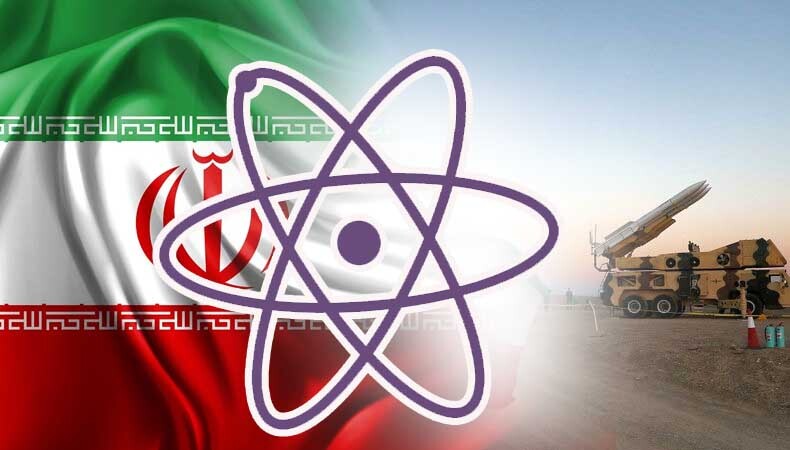Iran Nuclear Deal: Did Iran “intentionally” enrich Uranium to 84% purity?

Inspectors with the International Atomic Energy Agency (IAEA) recently found uranium particles enriched to a purity of 84% – the highest levels ever seen in Iran and close to the 90% required for a bomb, US-based financial news agency Bloomberg reported on Sunday.
While the agency inspectors are currently trying to determine if the chemical element was produced intentionally, Iran continues to deny enriching uranium to 84% purity and maintains that it does not want a bomb, amid ongoing issues with the nuclear watchdog and disagreements over its 2015 nuclear deal.
Formally called the Joint Comprehensive Plan Of Action (JCPOA), the agreement was signed between Iran, France, Germany, China, Russia, the US, the UK, and the EU in 2015. It imposed stringent restrictions on the Mideast nation’s nuclear programme in exchange for lifting sanctions.
Read | What Gaming Does to Your Brain—and How You Might Benefit
However, the US unilaterally withdrew from the agreement in 2018 under former President Donald Trump, who maintained the deal was not doing enough, and put its harshest sanctions which are still in effect. Indirect talks between the two countries began in Vienna almost a couple of years back.
‘A lot of ups and downs’ would be the perfect phrase to describe recent attempts made at restoring the deal. Western parties have imposed a number of sanctions on Iranian officials and entities for allegedly sending drones to Russia, although Tehran says it sold drones to Moscow months before the invasion and that it opposes war.
Violent nationwide protests following the mysterious September death of 22-year-old Mahsa Amini in police custody also promoted the West to impose multiple rounds of sanctions to punish Iran’s response to the demonstrations, albeit Tehran accused the West of organising the unrest.
In recent news, there have been no public signs of progress in the talks. Although both Washington and Tehran have expressed no eagerness towards declaring the deal dead for good, the two sides have touted their own versions of a ‘Plan B’ if the agreement is dead, triggering concerns that it could eventually involve a military confrontation.




